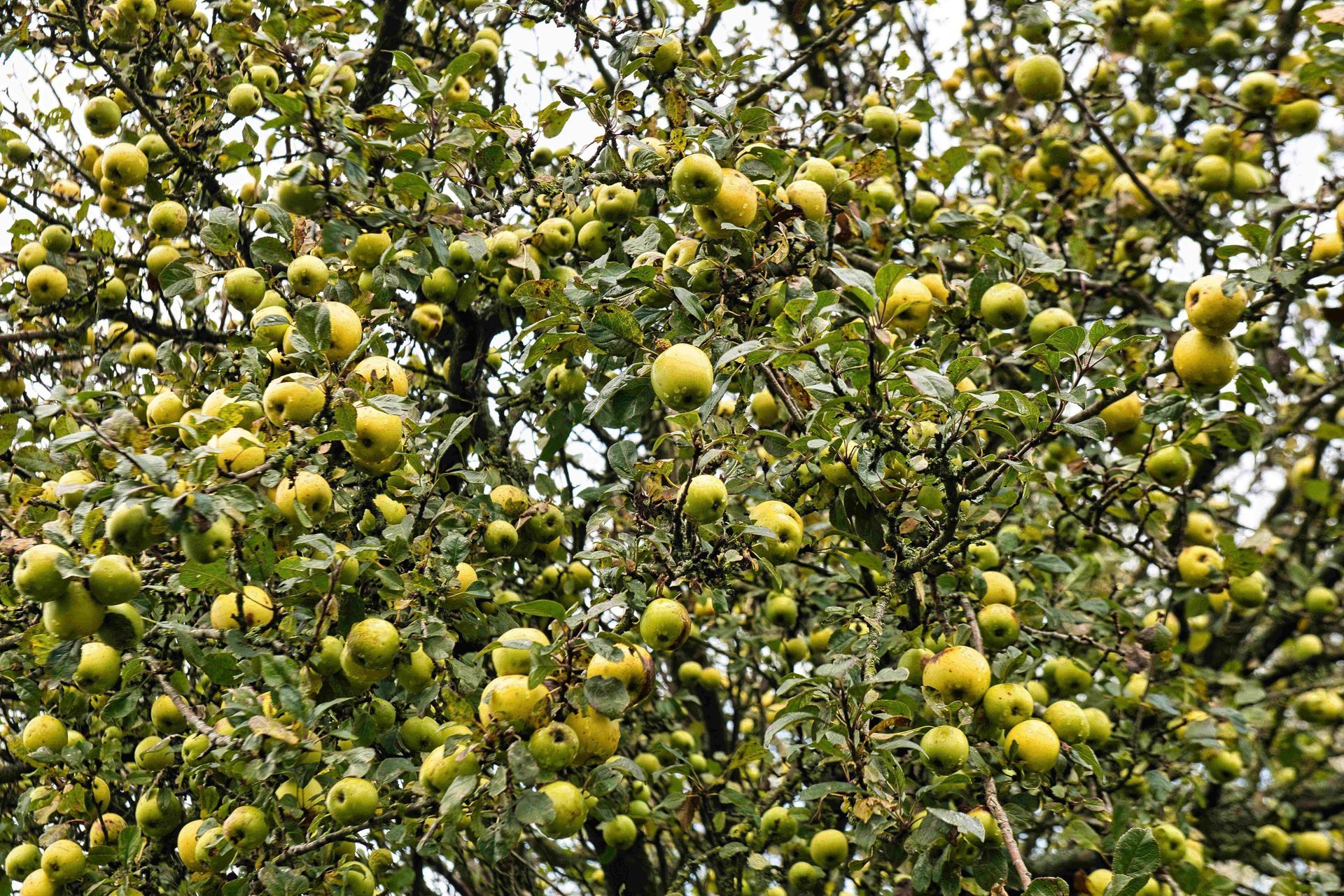Eating Seasonally

Have you ever eaten with the seasons? We don’t really have to anymore as the supermarkets source food from around the world and ship, truck or fly it to our island.
So perhaps, like me, you’d got a bit out of touch with what’s in season when. However, since I started growing my own veg and now working with the Food Hub, I feel totally in tune with the seasons again. Having forgone fresh tomatoes and cucumbers etc last winter, when I came to taste the first tomato of the year, it was a mind-blowing taste sensation. I was so appreciative of this new intense flavour I hadn’t tasted for over six months; it was wonderful.
You may have noticed that the produce on the food hub changes regularly. Sometimes we have asparagus and broad beans but mostly we don’t. We have had plenty of cucumbers and tomatoes but it’s almost the end of that season. It’s time for root vegetables, kale and leeks to take centre stage.
Here are 7 reasons to eat with the UK seasons.
1. The greatest joy of eating seasonally is the opportunity to reconnect with nature's cycles, the passing of time and the tremendously diverse and delicious foods that our seasonal climate provides.
2. Food in season is cheaper because you are buying it when it is in abundance, and it has not travelled a long way. Some vegetables cost more at the start and end of the seasons as they have been forced to grow unnaturally at that time and there is less supply to fulfil the demand.
3. Eating seasonally reduces the energy (and associated CO2 emissions) needed to grow and transport the food we eat. For example, there is a very short asparagus season in the UK from end April – mid-June, the rest of the year asparagus is flown in from Peru with a much larger carbon footprint.
4. Eating seasonal foods supports the local economy: for example, it is a bit silly to buy courgettes from Morrocco at the height of the courgette glut in SW Scotland.
5. Seasonal food is fresher and so tends to be tastier and more nutritious: fresh tomatoes, for example, taste more special than tomatoes forced to grow all year round under artificial lights in the Netherlands greenhouses.
6. Eating British fruits and vegetables in season is good for you. Foods in season contain the nutrients, minerals and trace elements that our bodies need at particular times of the year. Eating a wider variety of fruit and vegetables across the year is much better for our health and is what we have evolved to do over thousands of years.
7. Whenever a particular ingredient goes out of season, another delicious food has come back into season to tempt us, delight our taste buds, and feed our microbiome with different nutrients.
We hope you enjoy the range and diversity the food hub offers of local and seasonal foods and that you can look forward with anticipation to the next season of your favourite fruit of vegetable coming back to your kitchen.
You can check out what’s in season here: https://hubbub.org.uk/how-to-eat-seasonally-in-the-uk-a-month-by-month-guide
